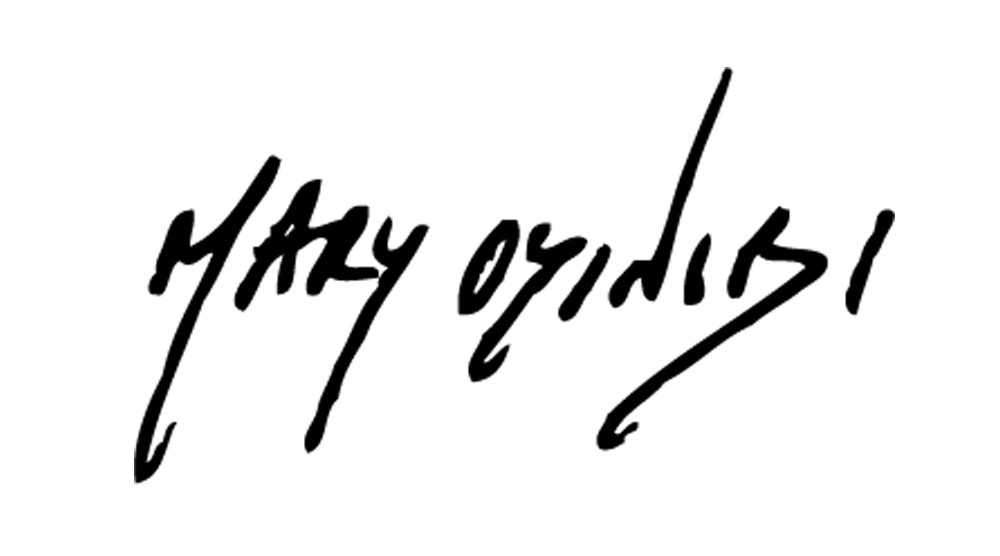‘The Aftermath Passage’ is an ongoing project which tell the stories of people who have been impacted by migration, war and conflict, through a series of contemporary portraits by artist Mary Osinibi and written testimonies from each participant. The project explores stories of real people from the present, especially stories that inspires, educates and encourages people to speak up and get involve in perusing justice and change for those who are ignored in our society and world.
Below is the gallery of portraits by artist Mary Osinibi of each participants and there stories in their own words.
Order the Aftermath Passage Book showcasing artwork and stories from each participant here: Order Book
Robtel
War
Like a shattered potted plant
War cracks open the soul of a nation
Laying it bear
Exposing its fault-lines like a festering wound
Sometimes it rights historical wrongs, or tries to
Sometimes it reminds us that a violent rupture
of a rotten past Is the only way to rebirth
Sometimes it teaches us nothing at all
And that’s the beauty and ugliness of it
Simultaneously
Ngozi
My Memories Of The Biafran War
Mum and dad had travelled to England for 2 years to finish their studies (this was 1965 just before the war started). There were four of us siblings. They divided us into two: my brother and I stayed in Lagos with a close family friend, while my youngest two sisters stayed with an uncle in my mum’s village back in the then Eastern Region of Nigeria.
Not long after the war started in early 1967, all Easterners (Igbos) were asked to go back home to the East. By this time the killing of Igbos had started and it was a very dangerous time to be an Igbo or to travel. My brother and I were collected for the journey home by an uncle who also lived in Lagos at the time. We travelled out at night with a whole load of other people in the back of an old lorry.
As a child of 10 years old without my parents, I remember it as a very frightening and traumatic experience. The journey was long and one that could not be completed in one go; we stopped on one occasion for a couple of days in one of the towns in the Eastern Region called Umuahia. On our second day there I had my one and only experience of bombs being dropped and having to run for shelter. I remember taken by some adults to run to makeshift bomb shelter gutters that had been dug out along the road.
When we got to our destination we lived with my mum’s sister and her family in the village (the village of Udo). Although we were relatively geographically far away from the physical location of the war, we felt the impact all around us on a daily basis: for the two years we were in the village, schools were closed and children stayed at home; food rapidly became scarce-there was no meat or salt in particular. We had one maybe two sub nutritious meals a day.
Soon the impact of malnutrition began to manifest in the younger children, with loss of weight, the development of jaundice, distended stomachs (a sign of the state of malnutrition in children known as kwashiorkor) and enlarged craniums. The psychological impact was also significant: there was so much uncertainty and there was daily news of death, either of young men who had gone to war or of people dying from the impact of malnutrition and disease around us.
My brother and I were conscious of the fact that our parents were far away and I personally never thought I would see them again.
Tariq
Sudan, Khartoum City
It was around 01:00 am in one of the days of October 1991 – in Sudan, Khartoum city, neighbourhood Khartoum three, when I heard some knocks on my family door house; I opened the door wearing my sleeping dress left my six months daughter asleep next to her mum in our bedroom.
Two plain security men driving a pick up vehicle parked under the tree in front of our house, asked me to call my brother Mohamed out for a quick word by security. I told them he was not at home.
So they insisted to speak to my other brother whom their name was a bit similar as Mohamed Nabil. When my brother Mohamed Nabil and from behind a window he tried to find out why they wanted him to come out of the house at this time one of the security men was playing with his gun in front of me by throwing his gun up on the tree and then picking it up again by one hand (in threatening way) shouting come on come on we want just to have a word with you. The moment Mohamed Nabil stepped out of the house they asked him to get in the vehicle and disappeared without leaving address or phone number.
Religions have been used very negatively to anaesthetise the majority of people among the world and now a days more in the countries where Islam is the main religion by many bad powers and make people to act against their own interests and the fundamental human rights as the united nation acknowledged after the second world war, so it is time for the international community i.e. united nation to open and organise open debates around the world supported with many researchers until believers understand religion from a scientific prospective.

